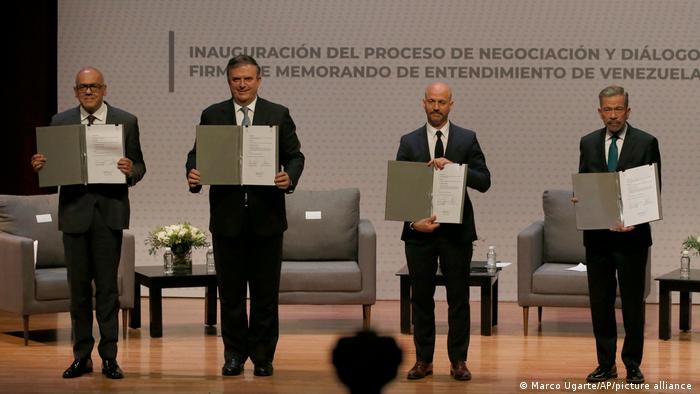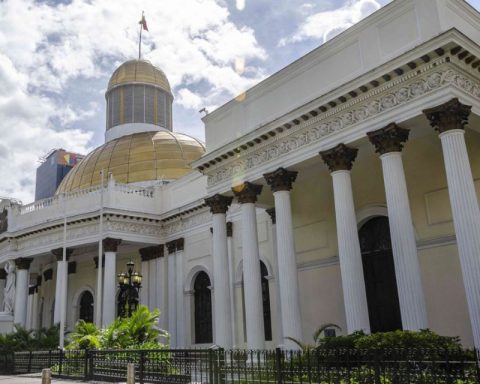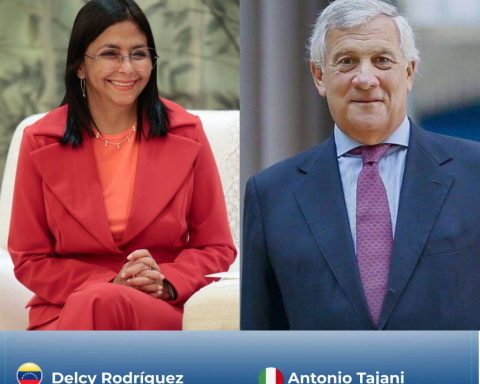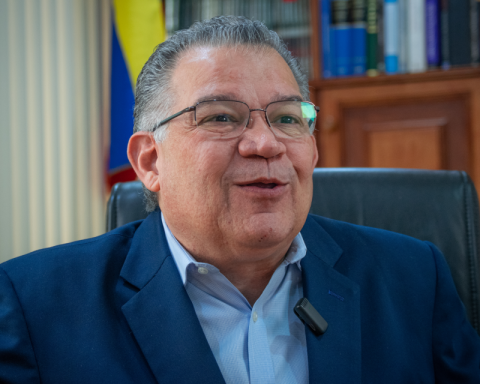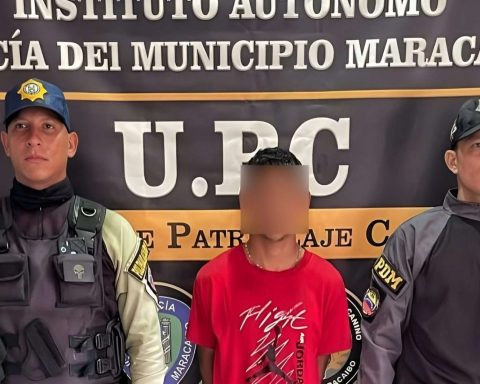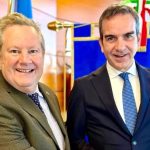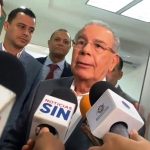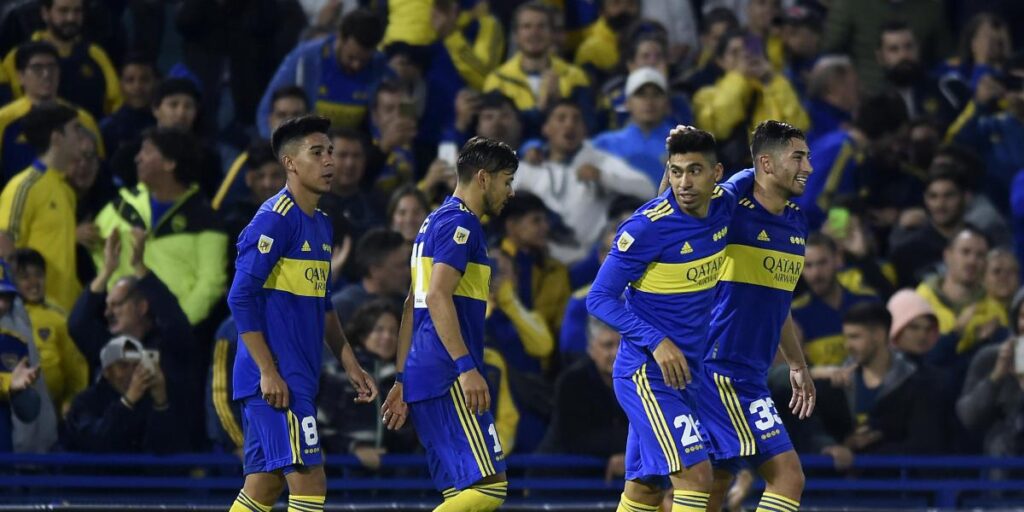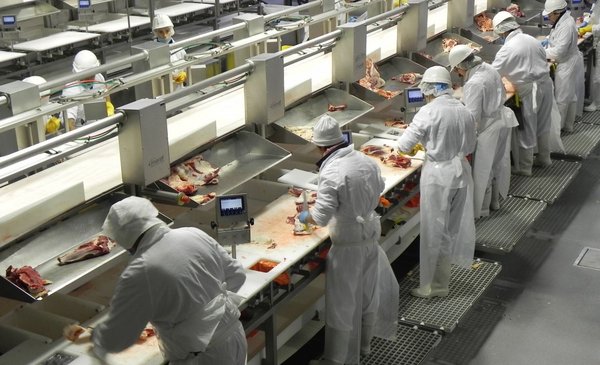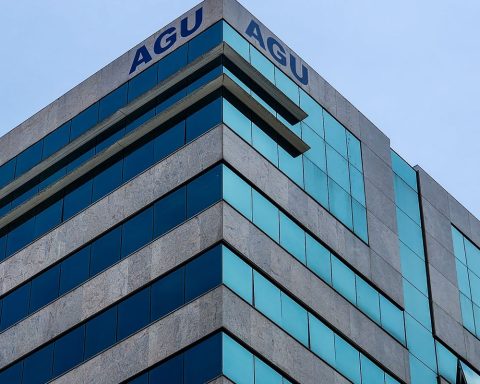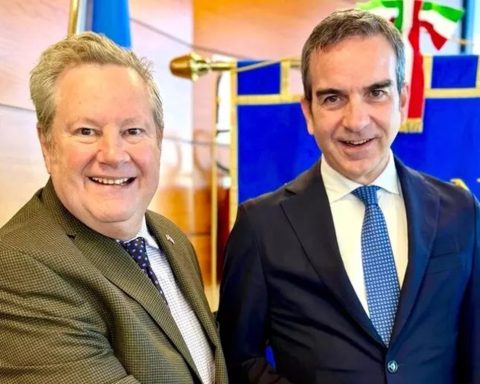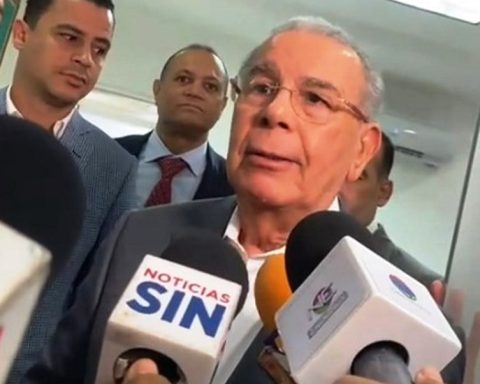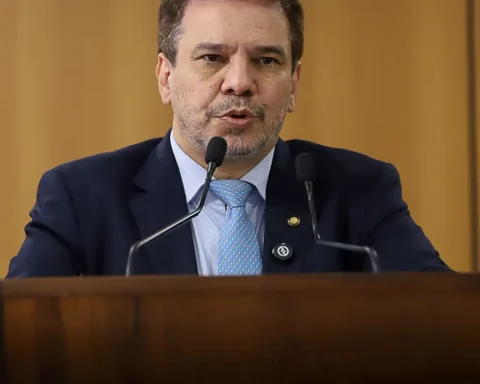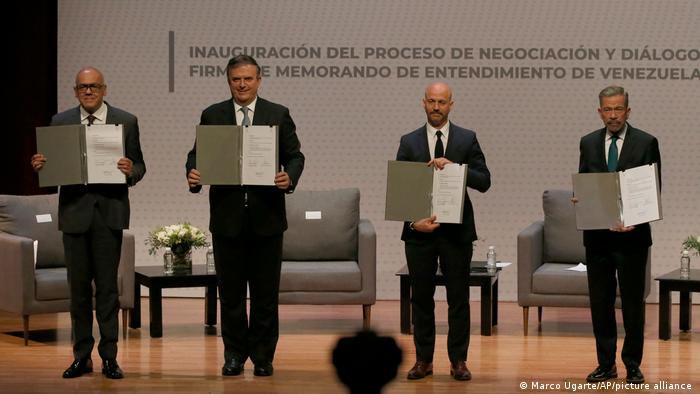
In the next few days they will Mexico the representatives of the Nicolás Maduro regime and those of the Unitarian Platform that make up the interim to resume the negotiations suspended by Chávez’s heir last October, when alex saab ―pointed out, together with Álvaro Pulido, as the great financial operator of the criminal enterprise A transnational based in Miraflores, as well as a DEA informant for almost a year in 2018, he was extradited to the United States.
They cross the red line
The head of the Madurista delegation, Jorge Rodríguez, had drawn a red line to return to the dialogue table: the incorporation of Saab to the negotiating team. Six months later, the former DEA informant is no longer a condition sine qua non to return to Mexico. The network of Saab companies to launder the capital of the illicit businesses of Maduro and company has been replaced by other financial operators in Russia, Turkey, the United Arab Emirates, China and Iran.
What the Colombian businessman may say is no longer a threat to the political stability of the Venezuelan regime. But he has become a token in the negotiation with the Joe Biden administration. While he insistently asks for his release, knowing that it is very difficult to obtain it due to the independence of the powers in the United States, Maduro manages to expand and strengthen his position in the negotiation. For example, he could request the withdrawal of the sanction that he has Carlos Erik Malpica Flores since 2017, the favorite nephew of the first combatant, Cilia Flores. And the suspension of the economic sanction to the state oil company PDVSA.
Mechanism to gain time
Maduro has never believed – and nothing indicates that he will change his mind – that dialogue is the way to resolve the political crisis in Venezuela, which is centered on the restoration of democracy. He has always seen it as the mechanism to buy time in power and divide the opposition. His raison d’être is to remain screwed to the presidency of Venezuela.
Every year that Chávez’s successor spends in power, he strengthens his position within the criminal structure made up of various bosses who control the various businesses: drug trafficking, mineral smuggling (gold, coltan, diamonds, etc.), white slavery, sale of oil and refined products, among others.
The Unitary Platform seeks in Mexico to overcome the Venezuelan political crisis through democratic coexistence.
Gerard Blyde, head of the interim delegation, said in a meeting with leaders of the Broad Front, last Friday at the Andrés Bello Catholic University, that the underlying negotiation that they must produce is a pact of democratic coexistence in which everyone recognizes. In other words, cohabiting with Maduro and the transnational criminal enterprise. Because of the memorandum of understanding signed by the parties in August of last year and converted into law by Maduro’s National Assembly, what interests the de facto regime is the lifting of economic sanctions on PDVSA.
The need for foreign exchange
Chávez’s heir again needs the currency from oil exports placed in democratic countries due to the unavailability since March of all PDVSA funds, the Ministry of Defense, Minerven, the BCV and members of the criminal companyl they were deposited in Russian banks.
Maduro wants the Biden administration to grant the license to drill, sell and transport Venezuelan oil to foreign companies that are partners of the state-owned Petróleos de Venezuela: the European Repsol and Eni, the American Chevron, and the service companies Halliburton, Schlumberger, Baker Hughes and Weatherford International.
Until now, Maduro continues to strip the daisy. The lobbies created by the oil companies and the allies of the regime have not been able to obtain the new license that would allow them to expand operations in Venezuela. The argument to convince the Biden administration is that the former Caracas Metro unionist will not receive dollars because the crude oil exports would be to pay PDVSA’s outstanding debt with its foreign partners.
False positives
However the Chevron Annual Report 2021 points out that the “long-term loan pending to Petroboscán of 560 million dollars has been fully repaid at the end of 2021”. In addition, it reports that the income of capital affiliates improved last year, “mainly due to the loss of value of Petropiar and Petroboscán in Venezuela in 2020.” In other words, the losses of 1,396 million dollars and 1,112 million dollars, respectively, were zero in the balance sheet for the year corresponding to 2021.
Therefore, the argument used in Washington that Maduro and company will not receive income from exports made by Chevron because they will be used to pay debt is not true.
In a quick calculation, the net income for the Madurista regime would be 26 million dollars a day, with an average export of 500,000 b/d, sending the current volumes to Cuba and China for the payment of the Chinese Fund’s debt.
The other argument is to veto the import of Russian oil in six months by the European Union, to stop financing Putin’s war against Ukraine. In this sense, the Spanish Repsol and the Italian Eni would have the opportunity to increase their crude oil production in Venezuela. A scenario that would require the change of the Hydrocarbons Law so that the foreign oil partners have a majority of the share capital of the mixed companies.
This is not the time to go back to Mexico. And less so that the de facto regime obtains from the Biden government the granting of licenses to Chevron, Repsol and Eni for the exploitation and commercialization of hydrocarbons in Venezuela.
It is clear that the welfare of Venezuelans has never been on the list of priorities of the team led by the psychiatrist president of the National Assembly. His mission has always been different and they never hid it. For that reason, it is imperative that this opportunity to achieve your goals is not handed to you on a silver platter.
Returning to the negotiating table at this time will only help Maduro stay in power beyond 2024. Is that what we want?
